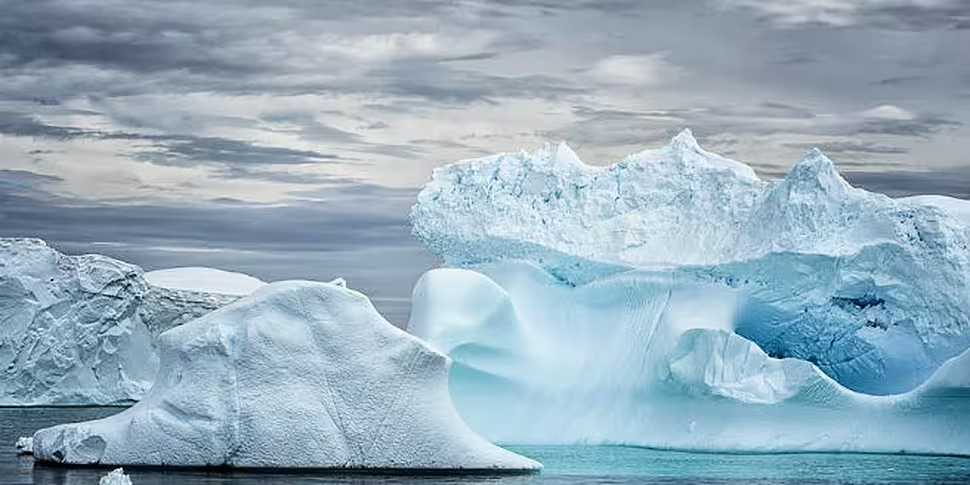Water is the most remarkable substance. Just three simple atoms, two hydrogen fused to one oxygen, it forms the basis of all life on Earth. It’s role in human history goes far beyond just giving life though. As renowned science journalist Alok Jha puts it: “We’ve built our entire civilisations around access to this stuff”.
From the moment we wake up, even while asleep, we are interacting with water. It helped to make, process, and transport the bed we sleep on. It is used to make the cement that holds our house together as well as the cars we drive. It is the basis of our food, our clothes, our electronics, even the fuel for our engines and fires.
Despite being vital to so many areas of our lives there is much we don’t know about water. In his latest book, The Water Book, Alok Jha attempts to bring the story of water to light, highlighting its scientific importance and its role in the development of human civilisation.
Water’s importance to mankind is plain to see on any map. Cities and towns can be seen straddling rivers or hugging against lakes, seas, or oceans. These bodies not only gave water and food but also a means of travel and communication.
For most of history water was the most efficient means of travel. Rivers carried goods and people across the land far quicker than any foot while ocean-going boats tied nations together with trade and news. Even the railways that began to replace the intricate waterways of the world needed water for power.
This importance of water can be seen in literature and culture. It has formed the basis for numerous works from Homer’s Odyssey to Melville’s Moby Dick and Hemmingway’s The Old Man and the Sea. It has been at the heart of numerous religions and religious practices, being home to a myriad of greater and lesser gods.
The human aspect of water only makes up a small part of The Water Book though. Alok is far more interested in water itself, the science behind it, how it has come to be the defining element of life on Earth, and the implications of its existence in others places in space.
Central to water’s role is its strange nature. According to Alok: “it’s one of the most anomalous, it’s one of the most strange liquids we know about”. An excellent solvent water allows organic compounds to interact, thereby allowing replication and reproduction. At the same time it is a strong insulator. Water vapour helps to trap the sun’s heat into our atmosphere, giving the planet a stable heat.
One of the most astounding things about water though is how it changes form.
Unlike other substances water is densest in its liquid form. While this has helped to shape the world around us, freezing water splitting rocks and boulders, its most remarkable in providing shelter. As the cold ice rises it solidifies and acts as an insulating cap for the warmer water below, becoming a veritable haven for life.
Looking at Jupiter’s moons, Europa and Ganymede, we cannot but help wonder if their icy surfaces might be hiding liquid water underneath. If so has life, as on Earth, begun to blossom in their depths?
Alok’s interest in the nature of water and ice led him on an expedition to the Antarctic. Here he saw the majesty of water in all it’s might. As Alok describes it: “you are just insignificant in this tiny speck of this ship as you go to this epic place...in Antarctica the environment controls you. And what is the environment?...it’s ice, it’s water in the atmosphere, it’s the weather. It controls you.”
Join Susan Cahill, host of Talking Books, as she talks with Alok about his journey to Antarctica, the mysteries of water, and its importance in life and human civilisation. What is it that makes water so special? How has it contrived to breed life on Earth? And what is going to happen to water as our climate undergoes serious changes?
This week’s music to read to
The show opens with The Four Seasons from Max Richter's Vivaldi Recomposed before playing out of part one with Julianna Barwick's Crystal Lake. The show ends with another Julianna Barwick piece, Nepenthe.









